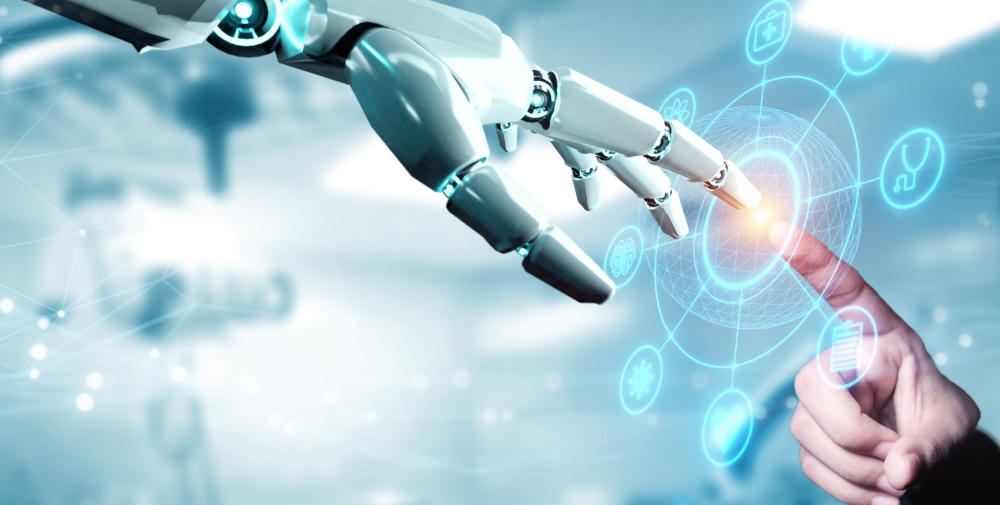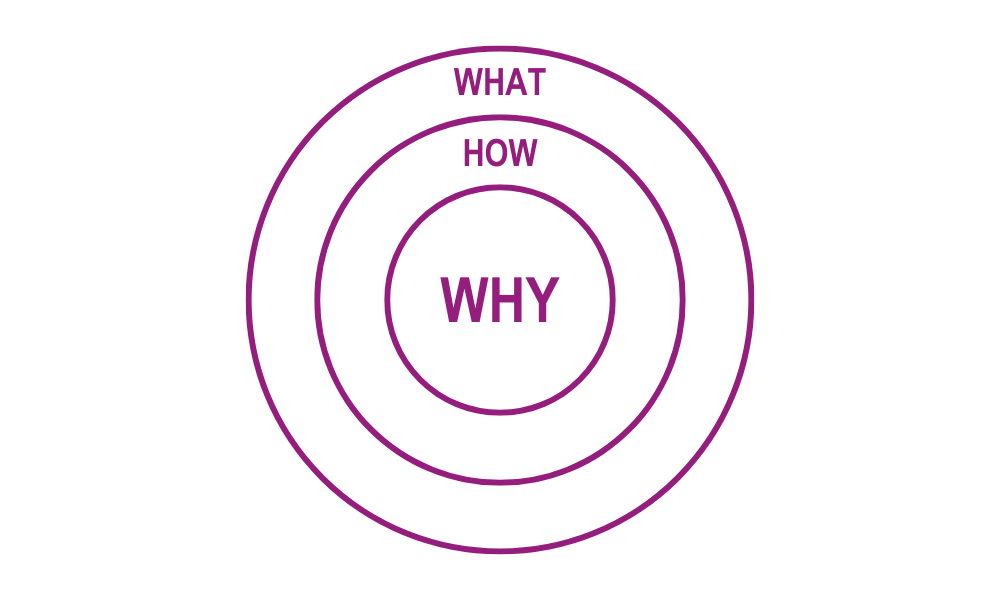
MDI’s Leadership Lab: Unlocking the Future of Leadership Training
MDI’s Leadership Lab: Unlocking the Future of Leadership Training
Would you like to listen to this article?
Click here to access our AI-generated audio version! Have fun listening 😉
MDI’s Leadership Lab: Unlocking the Future of Leadership Training
The world of learning and development (L&D) is evolving with the advancements in artificial intelligence (AI), offering new possibilities alongside established training methods. Traditional formats—classroom sessions, workshops, and coaching—remain essential for leadership development, providing deep insights and impactful learning experiences.
AI complements these approaches by enhancing personalization, enabling real-time feedback, and increasing scalability, making leadership development even more effective and accessible. AI is changing all of that by combining data analysis, machine learning, and natural language processing. Here are some inspiring ways AI is shaping the future of leadership learning and development— developed by MDI’s (Management Development International) AI Leadership Lab.
Roleplays and simulated scenarios: practicing leadership in a safe space
The MDI AI Leadership Lab enables the creation of realistic leadership simulations. These are not static case studies, but dynamic, adaptive scenarios where AI responds to a leader’s decisions in real time.
Imagine a virtual simulation where a leader faces underperformance and team tension with a new employee, a salary negotiation, or a feedback talk with a team member who frequently dominates team discussions. The MDI AI Leadership Lab provides you with a virtual roleplay with a team member that can be played via chat or a voice interface. These roleplays can introduce unexpected twists—like exaggerated demands of an employee or a challenging stakeholder response—to test how the leader adapts under pressure.
These roleplay simulations allow leaders to practice decision-making, conflict resolution, communication skills, and further challenges in a risk-free environment. They build confidence and competence by providing immersive, hands-on learning experiences.

Real-Time, AI-Powered Feedback
Leadership development has traditionally relied on periodic evaluations—often at the end of a program or after performance reviews. With the MDI AI Leadership Lab, each leader can receive honest, constructive feedback that is impossible to manipulate at any time.
This AI-powered tool can analyze leaders’ communication styles, decision-making patterns, and even their tone of voice during meetings. Using natural language processing, these tools provide real-time feedback on clarity, emotional tone, and collaboration tendencies. Such as the „Communication for Leaders“-roleplay that encourages you to practice the BID (Behavior, Impact, Development) model to provide constructive feedback that motivates and guides improvement.
Here, a leader might receive instant suggestions to adjust their communication style to foster better team engagement or tips on handling conflict with greater empathy. This immediate feedback allows leaders to course-correct at the moment rather than waiting weeks or months for formal evaluations.
AI as a Virtual Coach: Support on Demand
For decades, MDI has been providing coaching support next to leadership training. However, not every leader has access to a personal mentor or coach. Furthermore, it often takes some time for the coach and coachee to find a suitable time slot to start the coaching. With the MDI AI Leadership, everyone can have a virtual coach in their pocket or on their desktop – at any time. This AI-driven coach provides just-in-time advice, from managing difficult conversations to preparing for performance reviews and many other topics.
These virtual coaches can analyze real-time data, monitor progress, and offer personalized suggestions for improvement. They ask thought-provoking questions, provide empathetic guidance, help to identify patterns, and support you in solution finding.
This 24/7 support ensures leaders get the guidance they need, exactly when they need it. You can communicate with MDI AI virtual coach via voice interface or, if the room situation makes it inappropriate to talk to the coach, you might use its chat interface.

Ask me anything – the MDI AI Leadership Knowledge bots.
Imagine you have very specific questions about your leadership role, but no one is competent to ask. Wouldn’t it be fantastic to have a knowledge partner who is available anytime you need him?
This kind of genie in a bottle is the MDI AI Leadership knowledge bot. Organized by topics such as lateral leadership, negotiation skills for executives, conflict management, resilience, self-leadership or inclusive leadership, and many more, these knowledge bots always deliver helpful information when required. These AI Leadership knowledge bots were trained with exclusive training materials dealing with topics that have been successfully trained for years, as well as MDI publications, and thus have extensive knowledge in the respective subject areas.
A Smarter Way to Learn
This enhanced capability allows AI agents to deliver more sophisticated and context-aware support, greatly improving the customer experience – in various languages. In times when informal learning and micro-learning are becoming increasingly important, chatbots are extremely attractive learning companions.
After all, 90% of our learning takes place informally – not in the traditional seminar room – but in an exchange with each other or on the job! But what if you can’t learn in a group or if you don’t have a highly competent colleague at your side, the learning bots are the perfect solution here: rarely out of order for repairs, available to learners around the clock, and a great learning partner when learning and seeking for information.
Conclusion: AI is a partner in leadership growth
AI is not a replacement for human leadership, but it is a powerful partner in developing it. When used thoughtfully, AI can make leadership development more personalized, data-driven, and impactful.
The future belongs to organizations that embrace this partnership—combining cutting-edge technology with timeless human wisdom to develop leaders who are not only competent but compassionate, self-aware, and ready to lead in an ever-changing world.
So, the question is: Are you ready to harness AI’s potential to grow the next generation of leaders? If so, feel free to test the MDI AI Leadership Lab.

Florian Biedermann
Learning & Development Consultant at MDI
Florian Biedermann is a Learning & Development Consultant at MDI (Management Development Institute) – a global consulting company that offers solutions for leadership development. His focus is on making complex issues understandable and inspiring people to think – and act. Florian previously worked for many years as an author and manager in the e-learning sector, after spending over a decade as a freelance journalist.














